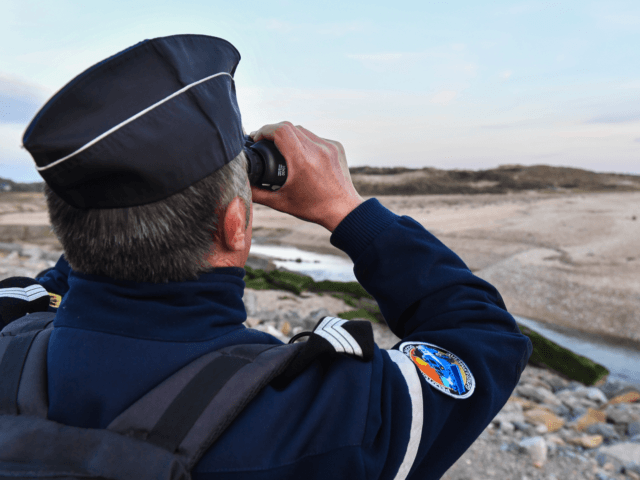At the expense of the British taxpayer, a number of cameras are set to be installed across the northern French coast at “strategic points” in order to help prevent illegal crossings of the English Channel.
The cameras will be installed in various points along the coast in the Pas-de-Calais region which stretches from the city of Dunkirk to the bay of the Somme, with at least twenty municipalities applying for funds to set up cameras in their areas.
“At the beginning of March, the specific projects will be sent to local authorities to enable them to mobilise British funds by 31 March at the latest,” the Pas-de-Calais prefecture said, broadcaster BFMTV reports.
French authorities are still determining how the data from the cameras will be shared and used by French police and gendarmeries services, yet, despite paying for the cameras, the British authorities will not have access to the footage.
Mayor Laurence Prouvot of the town of Wissant near Calais said that the cameras were more sophisticated than CCTV cameras currently used in his municipality and were equipped with “four heads.”
Mayor of Audresselles Antoine Benoît has agreed to have five of the cameras installed and stated that he welcomed the help to combat illegal migration and people trafficking.
The move comes nearly three years after the French government deployed drones to monitor the English Channel in the Pas-de-Calais region to work with on the ground patrols and helicopters to spot illegal migrant crossing attempts.
In the city of Calais — one of the central hubs for illegal migrants in the region — a group of pro-migrant activists have illegally occupied local buildings in order to provide shelter for homeless illegal migrants.
Since Tuesday, the group, “Calais housing for all”, claim that they have been under “siege” by police who have refused to allow people and supplies into the occupied building, which houses around forty apartments, according to the European Union-funded website InfoMigrants.
According to the website, such protests in Calais are rare in recent years but were more commonplace before 2014 when migrants were ordered to leave squats in the city that housed several hundred people.

COMMENTS
Please let us know if you're having issues with commenting.